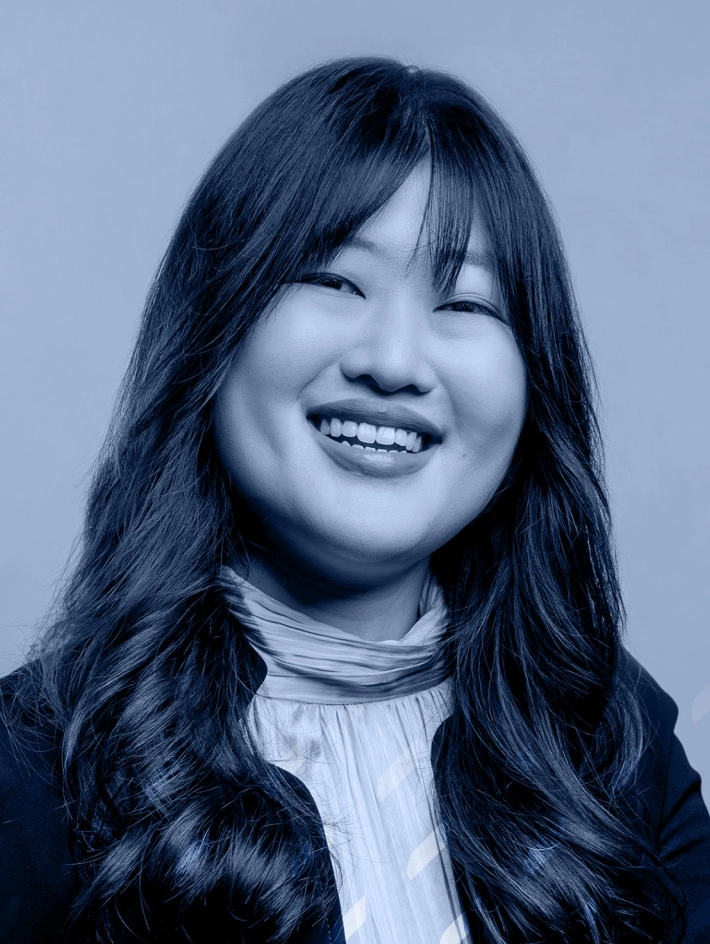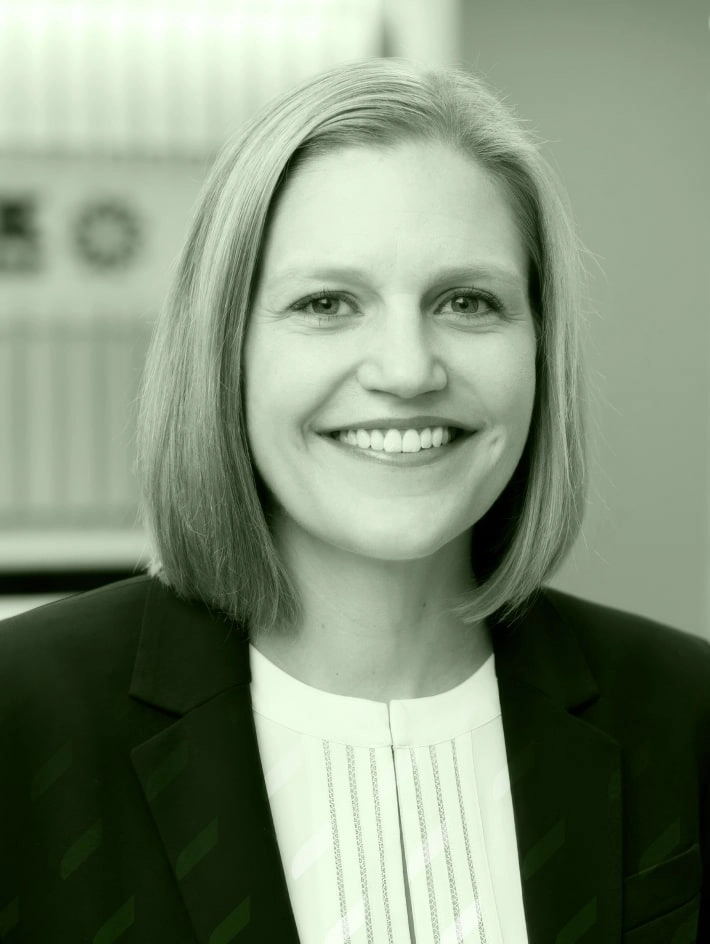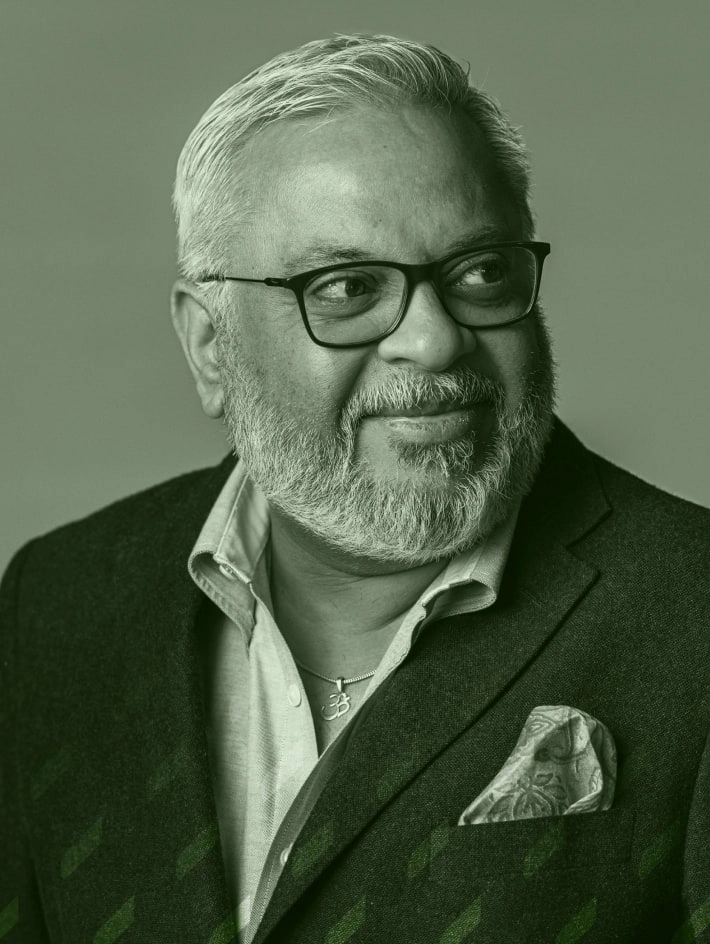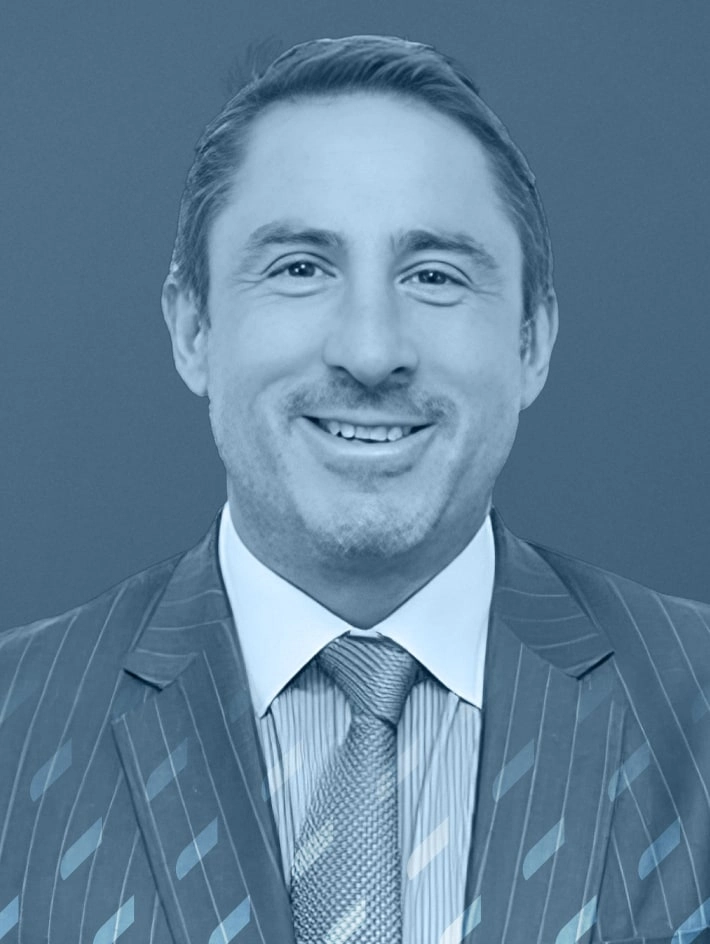What is new with your firm? Is there any recent significant news you would like to mention?
András: At Szecskay Attorneys at Law, we slowly but continuously increase the size of our firm. We believe that we have an organic growth which secures the loyalty and cohesion between our lawyers, and so far this proved to be a right concept. We are one of the leading and the biggest independent law firm in Hungary, which attracts interesting clients from both inside and outside of Hungary. Although transactional business activity slowed down for a few years following the 2008 financial crisis, now it is recovering, which is strongly reflected in our mandates and in the nature of our work. In the past few years we have had more dispute resolution cases, both arbitration and ordinary litigation, before Hungarian courts and in domestic and international arbitration forums (ICSID, ICC, UNCITRAL, etc.). Furthermore, as I said, the M&A work appears to have been recovering increasingly in the past two or three years.
This year we were exceptionally busy, as our firm took the lead in organizing a very successful annual congress for the UIA (Union Internationale des Avocats, www.uianet.org/en). The UIA is a multilingual and multicultural worldwide association of lawyers, similar to the IBA and AIJA, and certainly the oldest organization of lawyers. The Annual Congress took place from October 28 to November 1 in Budapest and it was attended by more than 1000 lawyers from all around the world, who represented 80 countries. There were two main themes and at least 25 different commission meetings. We are very proud to see that the reaction to the congress was extremely good.
Sándor: I would also add that there is a growing tendency in M&A transactions. We have also started a private clientele business, which means that we have opened into a new niche concerning succession planning and private wealth, mainly because of the fact that Hungary introduced - with the new Civil Code in 2014 - the concept of the trust and this is something that serves the needs of those wealthy families which started their business in the 90’s or mid-90’s who are now thinking about succession and diversifying their family business portfolios.
Which practice areas are the most in demand in your firm?
András: In dispute resolutions we have been ranked in the highest category for many years by the main directories and ranking agencies like Legal500, Chambers and IFLR1000. Dispute resolution, both litigation and arbitration, is one of our primary focuses, but M&A, competition law, IP, banking and financing and labor law are equally important to us. We basically do everything that is required to be done by business in Hungary. Last but not least, we have been advisors to E. ON, one of the biggest German investors in the electricity and gas distribution in Hungary, for approximately 20 years, which means that we have partners who are very active in the area of energy law.
Sándor: In the last two or three years we also have a lot of work with respect to public procurement, and we have clients in the electronic and the IT sector.
Is there any in particular interesting case you are or you were working on that you would like to share?
András: In the IP field, I would mention two leading cases. In both cases, we advise Gedeon Richter Plc., a leading regional pharmaceutical company. The first case is against Pfizer, and the other is against Bayer. Both cases are about patent infringement, the validity of a patent and related issues, and both are extremely important. In “ordinary” dispute resolutions, we are working on a number of commercial or corporate disputes of varying magnitudes, including challenging a major real property acquisition in Hungary and a dispute with the Hungarian State. Another highlight is an international arbitration procedure where we are co-advisors to one of the French investors called Sodexo, which initiated an ICSID procedure against Hungary to complain about legislative measures which caused an effect that is tantamount to the confiscation of the client's business without proper compensation.
We are also advisors in a couple of ICC arbitration procedures, including representing a market player which is the leading Hungarian oil and gas company. We also act on behalf of Liberty Global and its Hungarian subsidiary called UPC and advise them on a number of tax related disputes that they have with the National Tax Authority in Hungary. The cases raise questions in connection with the applicability and actual application of EU laws and regulations.
As regards competition, currently we are involved in four major cartel cases in the field of pharmaceutical products, medical devices and banking business. These procedures are still pending before the Competition Office.
Sándor: I would like to mention the public procurement issues. One of our major clients is an Austrian-German company, Kapsch AG, which is now building the GSM-R system for the Hungarian railway. We were acting for the company in the public procurement phase and now we are also acting on their behalf and advising them in respect of their contractual work. It is a project which is going to last two or three years. Last year we advised two major US automotive manufacturers, who provided us with some M&A work and who also had some transactional issues not only in Hungary but also in several other jurisdictions.
Can you share an example of cross-border work with another Legalink member?
András: It is a pity but basically last year we did not receive any referral from our Legalink friends. However, in previous years we cooperated pretty well with Weighmans in the UK, with Bersay Associés in France and Fiebinger Polak in Austria. We also have close links with the Ukranian law firm Asters.
Sándor: Actually, from Asters we received a couple of cases last year involving Ukrainian investors investing and starting their business in the oil sector, and we have also sent Asters some work, with respect to a Ukrainian – Hungarian joint venture in the manufacturing sector in Ukraine.
András: We also have good relationship with Rittershaus Rechtsanwälte in Germany, Weightmans and Mishcon de Reya in the UK, as well as with the Czech lawyers Felix a spol. and Austrian colleagues at Fiebinger Polak Leon & Partners.
We see that the number of referrals is very limited and, certainly, we would like to be a bit more visible to all of our partner firms and receive more work from Legalink members.
Sándor: I would also mention the Swiss member firm Bratschi Wiederkehr & Buob, with whom we had some work with respect to our private clients.
Where do you think Legalink should be heading? What do you like about Legalink and what do you think we as a network should change or do better?
András: Legalink is a very nice organization and I think that there is good potential in it. Of course, being able to refer work to another firm first of all requires clients doing business outside their home country, since it is not the firm but the clients who are seeking legal services in another jurisdiction. Law firms can only help clients to receive appropriate and reliable legal assistance from another member firm of Legalink. However, we should be focusing on developing business activity, developing the visibility of our fellow member firms and on prompting all law firms to consider the Legalink members first. In my view those are areas where there is still a big potential for work.
Also, in my view it is important to note that at the end of the day each firm looks at the balance of the value of referrals and if the bottom line balance is positive, then they are happy to attend meetings and meet with colleagues. However, if the financial cost of the membership is permanently negative and, more precisely, if it is just an expense in the eyes of the partners without profitability, the natural reaction is that the firms will be more reluctant to attend the meetings and to generate more expenses. It is nice to have friends but the partners will always answer the question concerning whether or not the financial justification for being a member exists. In that sense, Legalink may consider rationalizing the expense of the meetings and maybe holding meetings in different regions, which can be attended by the firms which are closer to the venue of the meeting: European, Asian, United States, Latin America. We cannot be expected to travel days to attend a meeting in the Far East or in the US, from where we basically do not receive any referrals. In turn, we are very happy to fly to any city in Europe, to where we can meet our European colleagues, who are the biggest source of our referrals. We should try to keep it at a reasonable level, as I believe that no one is looking for five star hotels and luxury events if it is not justified by the fees received on the basis of referrals. So, I would also suggest considering modest and reasonable costs for venues.
What is your favorite thing to do in your spare time?
Sándor: I go jogging three times a week and I am very happy to go to the Opera, theatre or to a classical music concert. I also like to ski and earlier I rode horses for six years, although unfortunately these days I do not have time for most of that!
András: There is a long list for me. I also love music, classical and jazz equally, so I am very happy to go to concerts and the Opera. I love literature, theaters and I also like sports activities. Although I am not doing anything on a daily basis, if the opportunity arises I like skiing, riding a bicycle, sailing, trekking and swimming.



